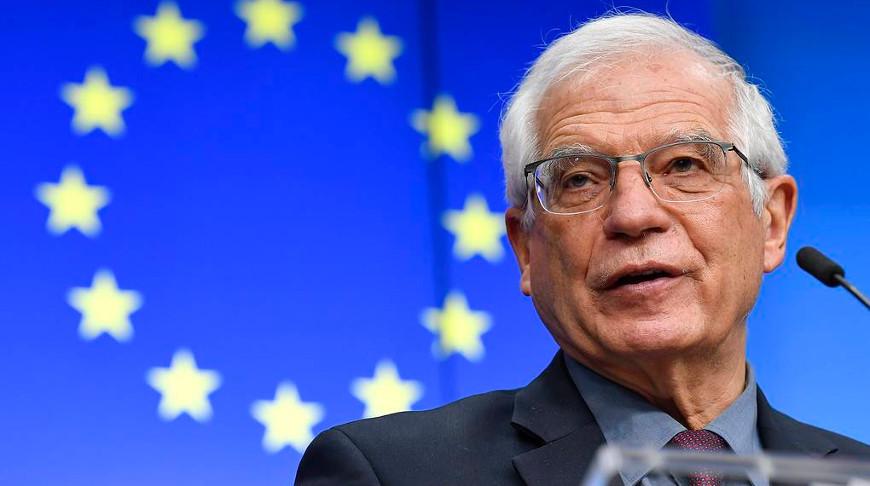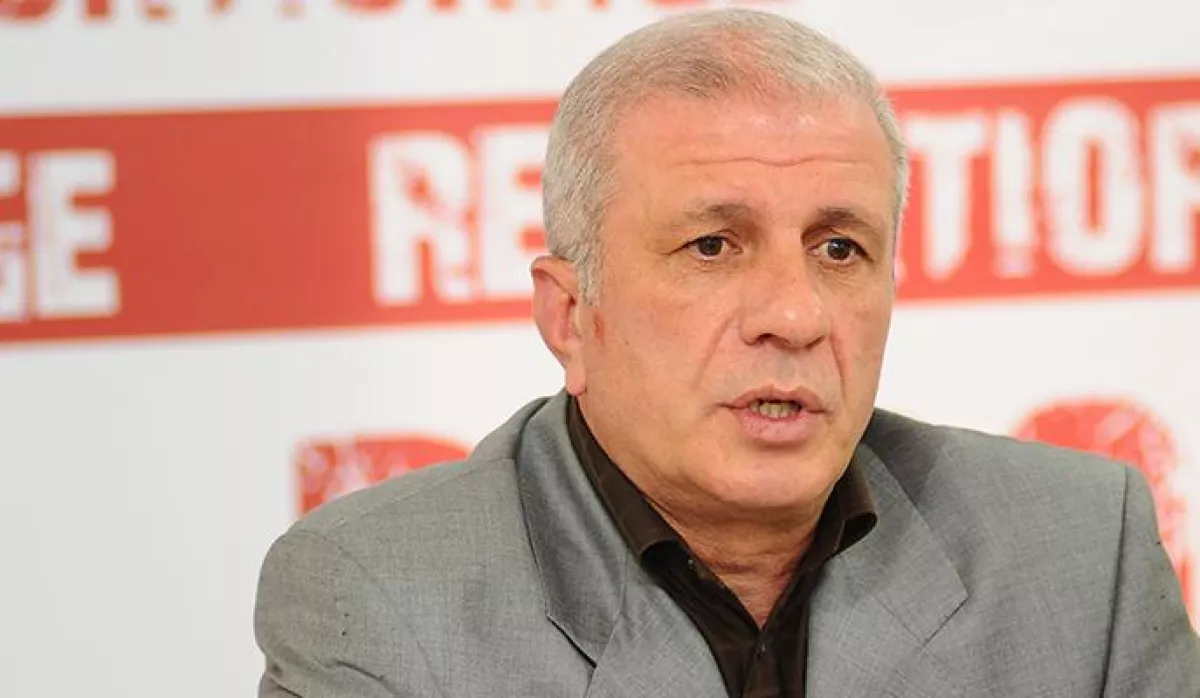Georgia's LGBT propaganda ban and Europe's hysteria Tbilisi stands firm
It appears that yet another step taken by Tbilisi contradicts Europe’s "policy of tolerance and democracy," potentially becoming another stumbling block on Georgia's path to the EU. Following the approval of the bill "On Family Values" by the country’s parliament on September 17, which bans LGBT propaganda and gender reassignment, the European Union has unleashed another wave of criticism against the Georgian authorities.
This bill was introduced in parliament by the ruling party Georgian Dream back in early June and was approved in its first reading at the end of that month. Its consideration continued into the autumn. Among other provisions, the document prohibits same-sex unions and alternative forms of marriage, as well as the possibility of adoption by individuals who identify as another gender and by non-heterosexual individuals. Additionally, the bill includes a ban on gender reassignment surgeries and LGBT propaganda in educational institutions, the media, and public spaces.
As expected, the adoption of such a law by Georgia has been met with resistance within the European Union. The head of European diplomacy, Josep Borrell, urged the Georgian authorities to repeal the law, which he claimed would "further derail Georgia's path to the EU."
"The Georgian Parliament adopted laws on ‘family values and protection of minors’ which will undermine the fundamental rights of the people and increase discrimination and stigmatisation. I call on Georgia to withdraw this legislation, further derailing the country from its EU path," Borrell wrote on his social media page.

Furthermore, the German Ministry of Foreign Affairs expressed equally strong criticism of the Georgian authorities regarding the adoption of the law, which it claimed "does not meet European standards." The ministry urged Tbilisi to change its official stance.
"The legislative package passed by the Georgian Parliament is designed to discriminate against LGBTQI people. It infringes on individuals’ civil rights, as pointed out by the Venice Commission, and moves Georgia further away from the EU. We call on Georgia to reverse its course," stated the German agency.
Many international "human rights" organizations have also voiced their dissatisfaction with Tbilisi's policy. They argue that the law could increase stigmatization and lead to discrimination within society.
Meanwhile, Georgia is not the only country facing serious criticism from the EU for "violating high European values." For instance, Hungary has previously encountered similar issues. In June 2021, a law banning "gay propaganda" in schools was passed in Budapest. In response, the EU threatened to impose sanctions against Viktor Orbán's government that same year. In this context, European Commission President Ursula von der Leyen stated that "this Hungarian bill is a shame...It goes against the fundamental values of the European Union. Human dignity, equality and respect for human rights. We will not compromise on these principles."
Before this, the European Commission warned that if the law were passed, European funding to Budapest could be reduced. Interestingly, in Hungary, teachers and psychologists took to the streets in protest against the law, declaring that they would not comply with its requirements and would continue discussions with minors about issues within the LGBT community. Protests against the Hungarian law "on the prohibition of homosexuality" also occurred in other EU countries, and municipal authorities in Munich even proposed illuminating the city’s stadium, where a football match between Germany and Hungary was anticipated, with LGBT symbols.
Despite pro-European sentiments in Georgian society, the adoption of the law banning LGBT propaganda is actively supported by the country's population. For instance, the murder of Kesaria Abramidze—the first transgender woman in Georgia—did not elicit any significant response from Georgian society. There were no protests or solidarity rallies with the LGBT community in reaction to this incident.
Conversely, it is evident that the European Union's outrage over the adoption of this law is not coincidental. With parliamentary elections approaching in October, the EU is seeking to exert pressure on the Georgian authorities to influence the country's future. Under the guise of protecting LGBT rights, Brussels appears to be attempting to intervene in the electoral process to promote politicians aligned with its interests in Georgia.
Although Georgia has been a candidate for EU membership since late last year, negotiations between Tbilisi and Brussels have been suspended. The crisis in relations with the EU occurred after the Georgian authorities adopted a law on "foreign agents" (officially titled "On the Transparency of Foreign Influence") in May 2024, despite opposition protests. This law requires NGOs to register as "agents of foreign influence" if their foreign funding exceeds 20% of their annual income.
In response, Georgian officials have expressed surprise at the EU's policy, which they view as overtly hostile.
"We previously passed the law on 'transparency of foreign influence,' and foreign politicians labelled it as Russian. Recently, our parliament adopted a legislative package banning LGBT propaganda, which has also been described as Russian. This is completely baffling. Europe should not be associated in Georgian society with a lack of transparency and LGBT propaganda," Kobakhidze stated in an interview.
Although Georgia has been a candidate for EU membership since late last year, negotiations between Tbilisi and Brussels have been suspended. The crisis in relations with the EU occurred after the Georgian authorities adopted a law on "foreign agents" (officially titled "On the Transparency of Foreign Influence") in May 2024, despite opposition protests. This law requires NGOs to register as "agents of foreign influence" if their foreign funding exceeds 20% of their annual income.
In response, Georgian officials have expressed surprise at the EU's policy, which they view as overtly hostile.
"We previously passed the law on 'transparency of foreign influence,' and foreign politicians labelled it as Russian. Recently, our parliament adopted a legislative package banning LGBT propaganda, which has also been described as Russian. This is completely baffling. Europe should not be associated in Georgian society with a lack of transparency and LGBT propaganda," Kobakhidze said.

In an interview with Caliber.Az, Georgian political scientist and chairman of the Confederation of the Peoples of the Caucasus, Zaal Kasrelishvili, expressed that the recently adopted law banning LGBT propaganda has overwhelming support within Georgian society.
"I believe that the adoption of this law is a correct decision by Georgian Dream, as it aligns completely with family values and the national interests of Georgia. This is particularly important from the perspective of morality and the upbringing of today’s youth.
As for the aggressive stance of the West, I believe this is mostly about making statements to activate the Georgian opposition ahead of the parliamentary elections. The West is not aiming to fully intervene in this process; otherwise, it would take more effective measures, such as financing the opposition. But that is not happening. Therefore, I wouldn't assert that the adoption of the law banning LGBT propaganda will hinder Georgia's path to the European Union. By passing this law, Georgian Dream has shown that our country is shaping its own policy, without looking to the West and prioritizing its own interests," said Kasrelishvili.








